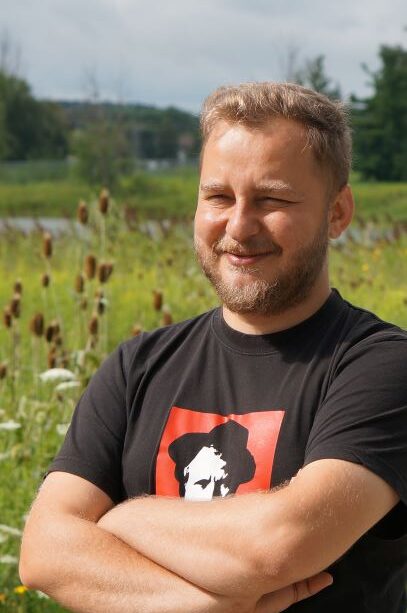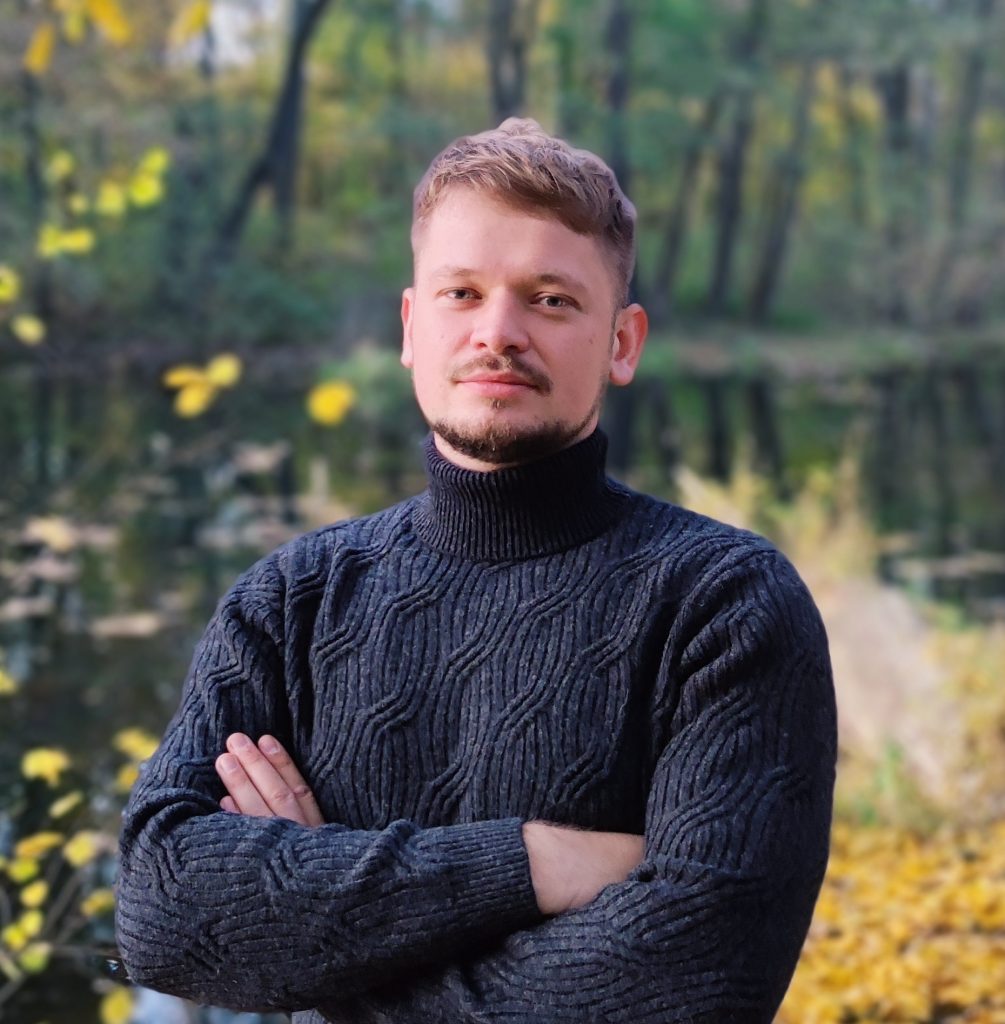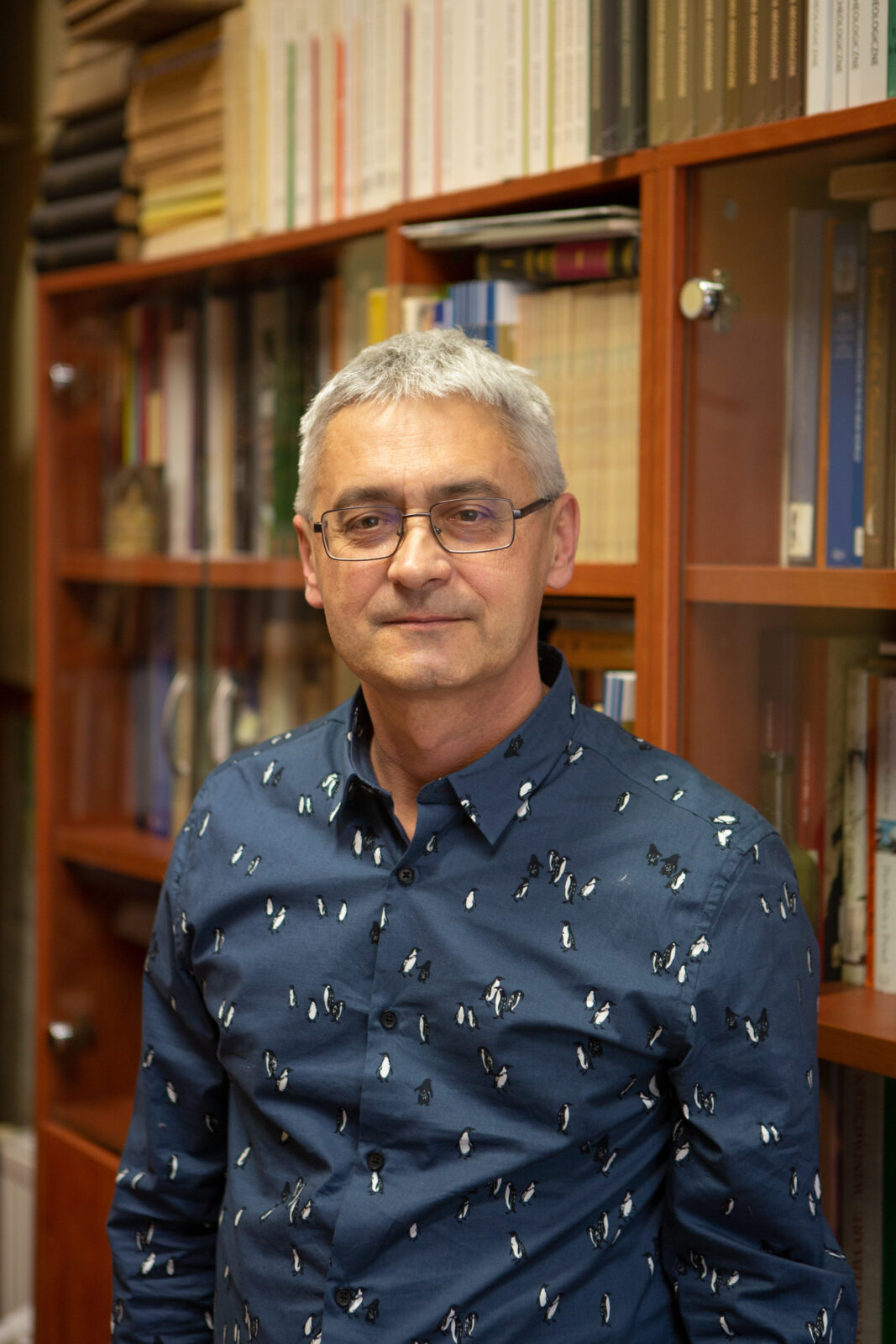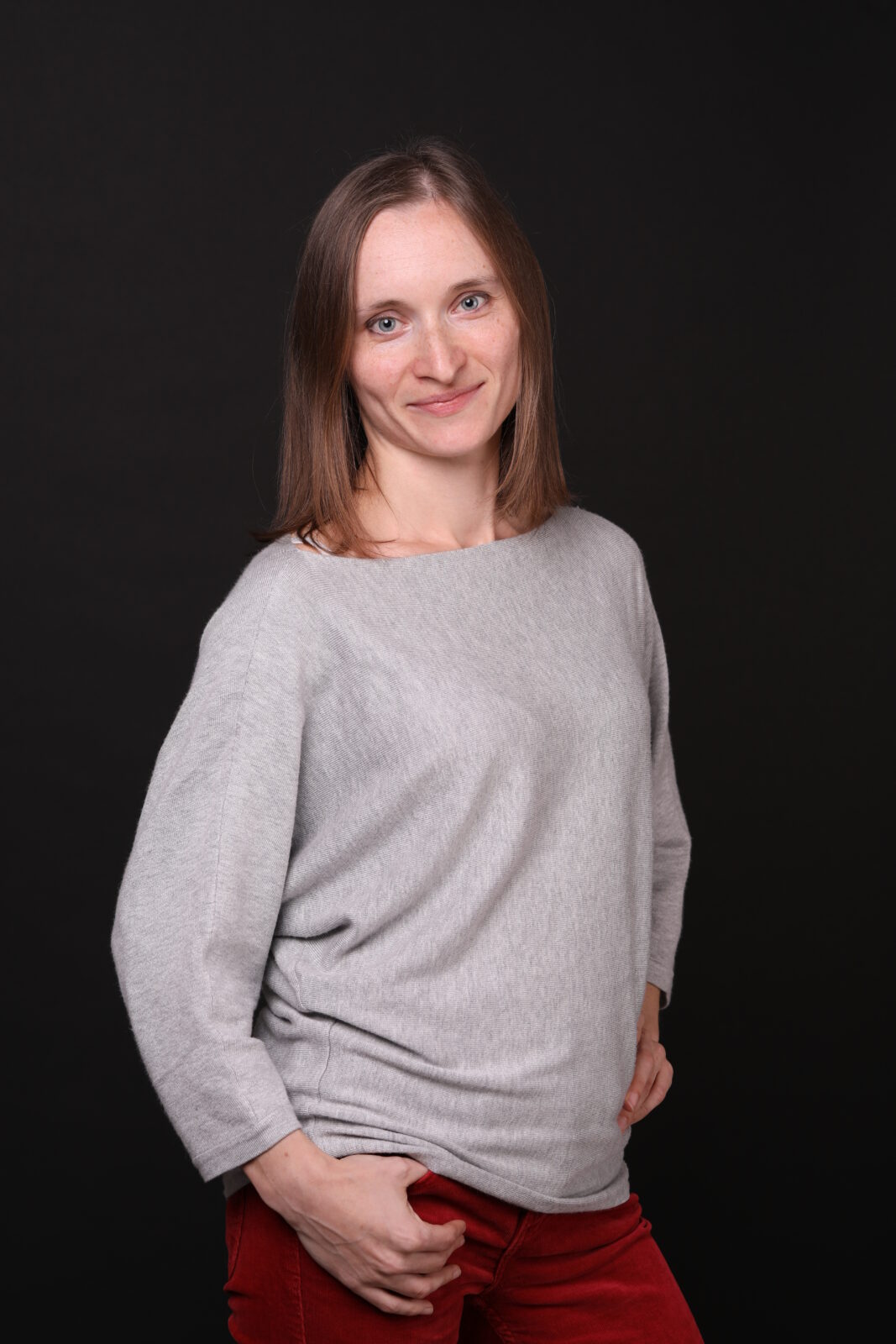
Grants to researchers from the Faculty of Historical and Pedagogical Sciences
27 researchers from the UWr will receive a total of more than PLN 40 million to conduct their projects as part of the OPUS 26 and SONATA 19 competitions from the National Science Centre. They include four scientists from the Faculty of Historical and Pedagogical Sciences.
From Opus 26 for the research “Zarządzanie reputacją a umiejętność skutecznej aplikacji modeli normatywnych w podejmowaniu decyzji” (eng. Dissociating reputation management from the ability to apply normative models in decisionmaking) – dr hab. prof. UWr Michał Białek will receive PLN 1,627,425.00.
The project questions the basic assumptions of decision-making theories based on heuristics, pioneered by Nobel laureate Daniel Kahneman and Amos Tversky. Traditional theories assume that decision-makers are systematically irrational, relying on unreliable but effective heuristics. – Our project hypothesises that this assumption is flawed and that decision-makers also take into account other decision quality criteria, such as reputational concerns – says prof. Białek. – For example, a person might not change jobs for a minimal raise, even though it would make economic sense to do so, so as not to be seen as disloyal.
The project proposes a new analytical method to separate reputational concerns from the pursuit of normatively correct decisions. This approach will be the first to formally quantify the impact of reputation concerns on decision-making, treating them as independent processes.
The aim of the project is to redefine the two-process theory of decision-making by incorporating reputation concerns.
Formally incorporating reputation management into decision-making models will fill an important gap in current theories. The project offers a comprehensive understanding of why individuals make seemingly irrational decisions and how these decisions are shaped by social and reputational factors. – The innovative approach has the potential to influence a variety of fields, including behavioural economics, cognitive and social psychology, providing researchers with new insights into people’s decision-making processes – our researcher believes.
From Opus 26 for the research “Sztuka magdaleńska w Polsce: technologia, modyfikacje i znaczenie społeczne” (eng. The Magdalenian art in Poland: technology, new departures and social meaning) – dr hab. prof. UWr Tomasz Płonka will receive PLN 1 482 100.00.
The project concerns the study of objects of Magdalenian art from the territory of present-day Poland, studied against a broad comparative background, in relation to similar products from Central and Western Europe. – We will analyse female figurines and engravings on everyday objects made by hunters and gatherers from 18,000 to 14,000 years ago – says our archaeologist Prof. Płonka. – We will use the latest research methods: microscopic observation, tomography, experimental research and artificial intelligence.
From Sonata 19 for the research”Edycja źródłowo-krytyczna zachowanych dzieł orkiestrowych Aleksandra Zarzyckiego” (eng. Critical Editing of Source Materials of Aleksander Zarzycki’s Surviving Orchestral Works) – dr Wioleta Muras will receive PLN 288,774.00.
The aim of the research is to prepare a source-critical edition of five orchestral works by the composer, pianist and organiser of Warsaw musical life – Aleksander Zarzycki.
The score edition concerns the composer’s most extensive compositions, hitherto preserved in manuscripts or functioning as first editions dispersed in various institutions. The preparation of complete editions (score, voices, editorial introduction) will certainly contribute to the popularisation of his music among artists-soloists as well as orchestras, which is all the more important as Polish music of the 19th century is rarely performed on concert stages. – It will also provide excellent comparative material for researchers into the oeuvre of other Polish composers of the time – emphasises our researcher.
From Sonata 19 for the research “Tabu i ich rola we wspieraniu kooperacji” (“Taboos and their role in fostering cooperation”) – dr Michał Misiak will receive PLN 1,249,158.00.
– In my research, I will focus on cultural taboos and whether they have the potential to increase cooperation within groups – explains the researcher. – I will conduct a number of psychological experiments in dozens of cultures, including among non-industrialised populations from Papua and Kashmir.
About other projects at the UWr:
About the projects of our chemists.
About projects in physics and astronomy, computer science, geology and climatology.
complied by Katarzyna Górowicz-Maćkiewicz











